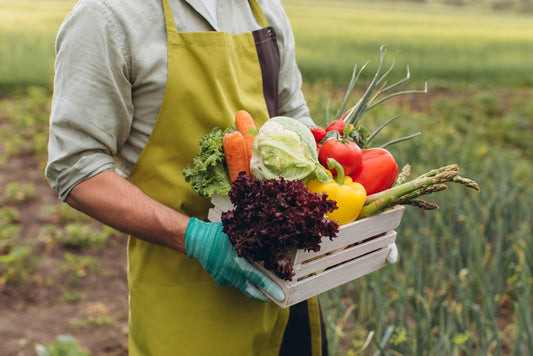Hundreds of amino acids can be found in nature, but only about 20 are needed to make all the proteins found in the human body, and most other forms of life. Amino acids are like the building blocks of proteins. When we ingest proteins, they are broken down into amino acids that our body then uses as a source of energy, or to make other proteins that help perform other functions, like growing or repairing tissues. According to the National Institute of Health, during periods of inadequate consumption of essential amino acids, people can experience physical symptoms such as vomiting or low appetite, and clinical symptoms including depression, anxiety, insomnia, and fatigue. These symptoms are mostly caused by a lack of protein synthesis in the body due to no essential amino acids to build them. We need nine essential amino acids for proper, healthy bodily functions.
Amino acids are classified into three groups: essential, nonessential, and conditional. Most importantly, essential amino acids cannot be made by the body and have to come from food sources. The good news is all sources of protein contain essential amino acids. Meat, poultry, eggs, dairy, and fish are complete sources of protein because they contain all nine essential amino acids. Although they are great sources of protein, plant-based protein sources like nuts, seeds, beans, peas, and whole grains are not considered complete because individually they lack some of the nine essential amino acids. When plant-based proteins are consumed together, they can offer a complete protein source. Interestingly, soy is the exception, making it a popular vegan option for protein, because it boasts all nine essential amino acids. Always try to include a variety of fresh foods in your diet to gain the essentials you need.

Fruits and vegetables grown on plants treated with Prevegenics products have an edge as we ensure to create the best liquid fertilizers and the best fertilizer for plant growth. Applying Prevegenics foliar fertilizers provide the right amount of essential nutrients the plants need to be healthy and vital, allowing the most nutrient-dense foods to be grown. Not all produce is created equal. Different soil conditions and farming methods affect the final product, so making sure your produce comes from the healthiest plants will ensure you are eating the most nutrient-dense foods available to you.



